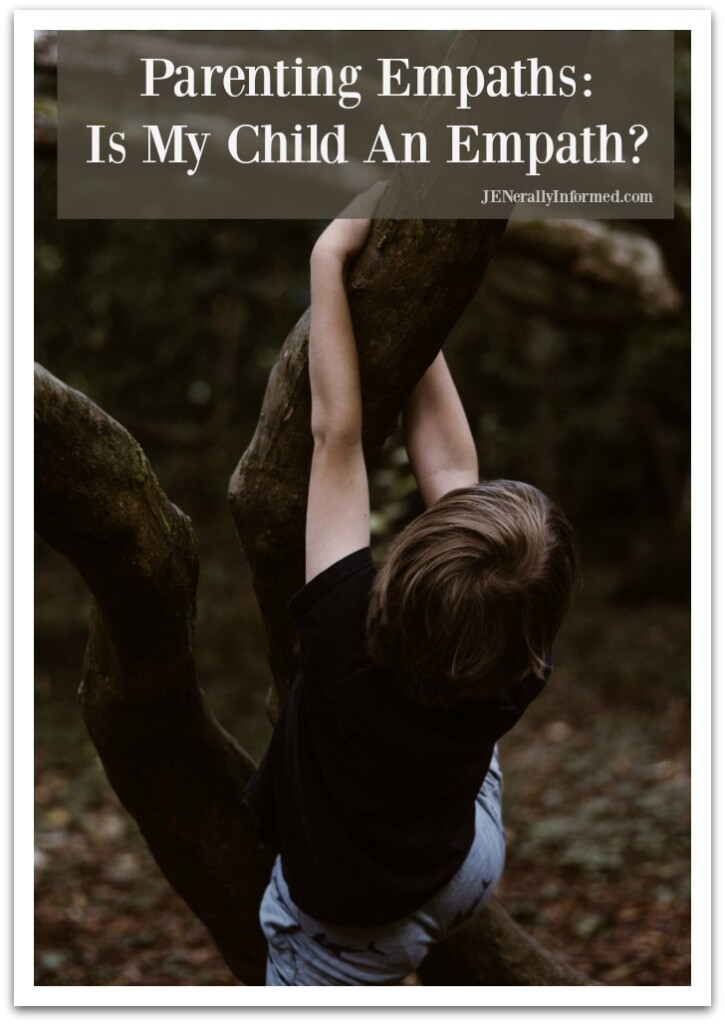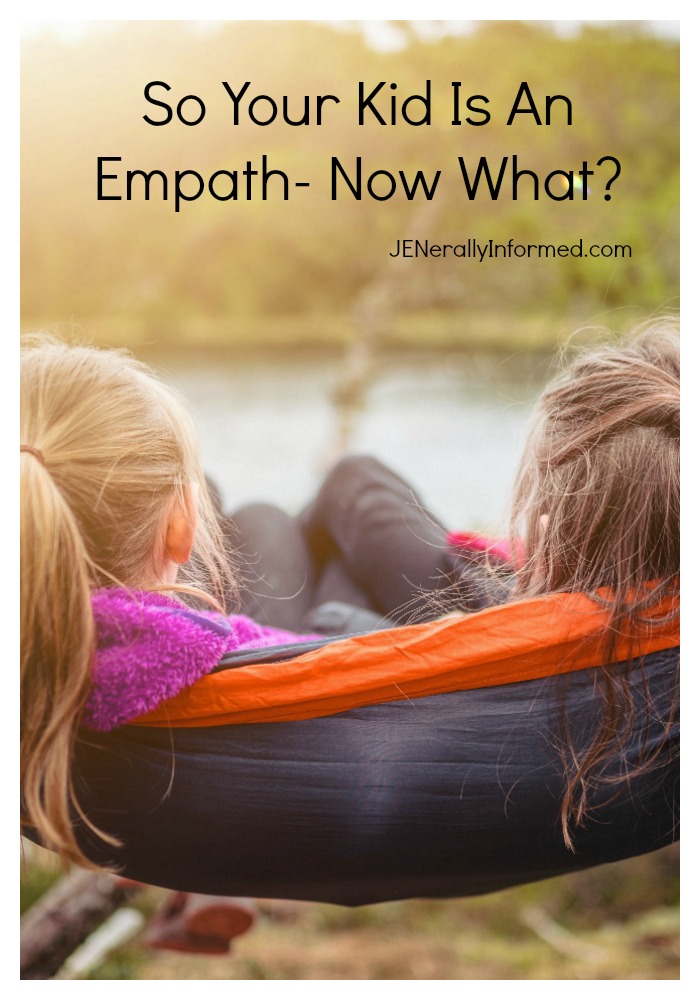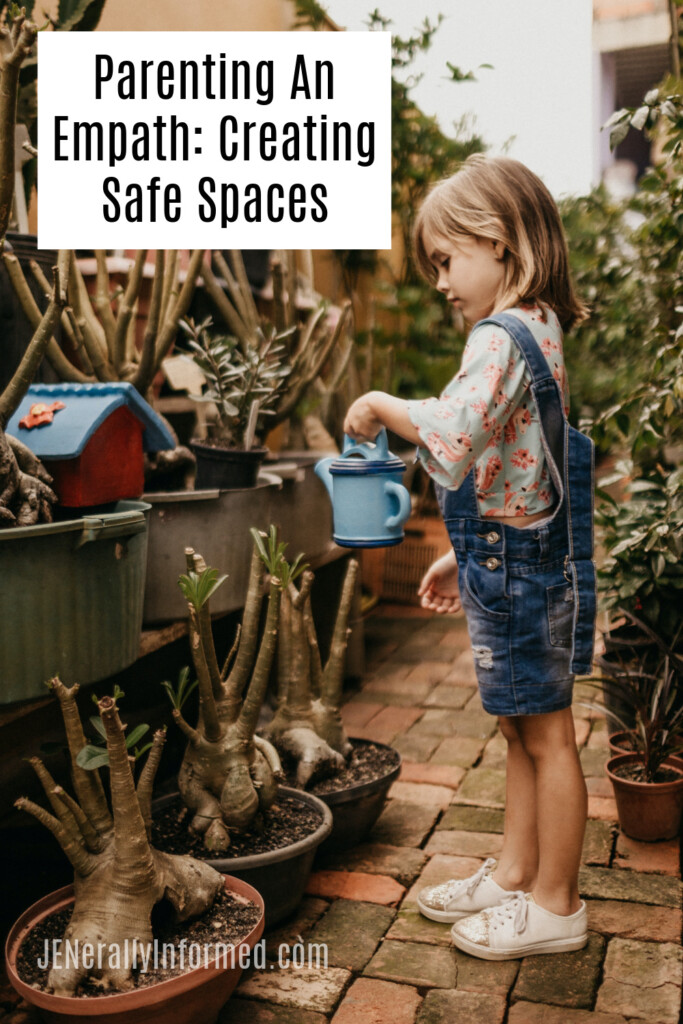Family is where some of our greatest joy, strength, and motivation come from. It is our primary and earliest source for learning and development.
Unfortunately, it can also be a source of great pain and hurt.
This is true whether you have an empath in your family or not.
As a parent to an empath, modeling and teaching healthy and balanced family relationships is one of your most important “jobs”. Early family relationships quite often set the stage for an empath’s life and how they deal with who they are. Teaching your empath, and even yourself how to do this effectively can be at times difficult. It also can be one of the most fulfilling things you do as you help your child to understand how to love and be loved, and most importantly how to set proper boundaries for themselves that will help them to live a fulfilling life as an adult.
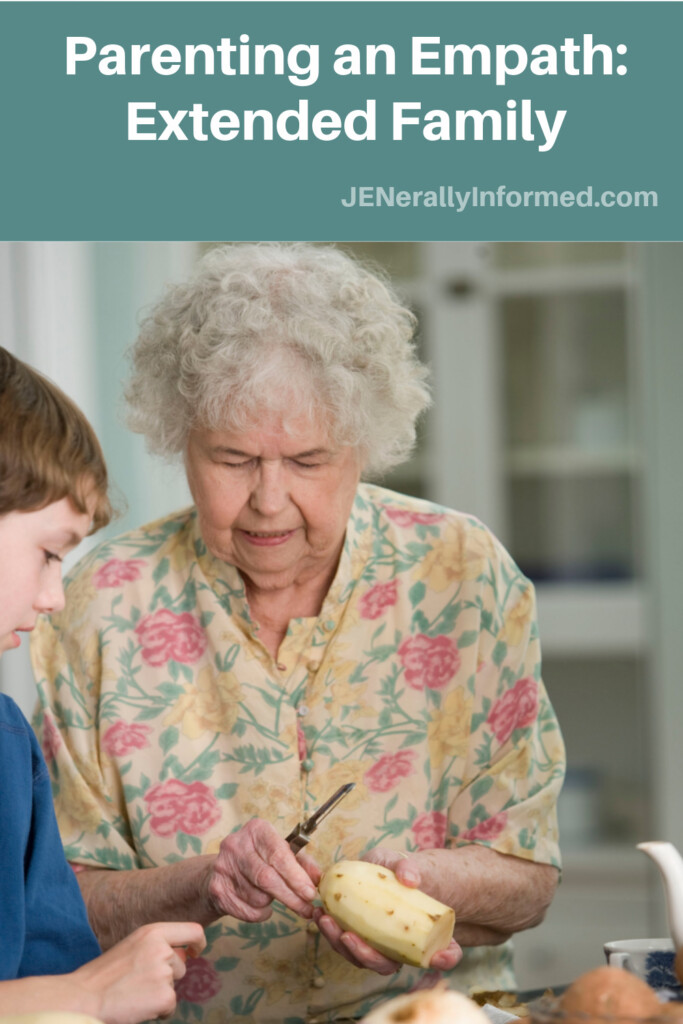
You all know the old adage, “You can’t choose your family,” right? This is often used as a way to explain why we accept the bad behavior from extended family members. And although we have very little power in the choices extended family members do make in how they live their lives, we absolutely DO have the power and ability to make many choices in how extended family members affect our own immediate family and ultimately our empathic child.
Here are some choices you can make, and you really can make them. Just because things happen around us or even to us, how we react to these things, especially when it comes to family and raising empathic children, makes all of the difference.
You can choose to be honest with your closest family members.
I used to think that keeping the fact that my children were empaths a secret from my family was a good way to protect them, but I quickly learned this wasn’t protecting them at all. It instead became a source of confusion and misunderstanding when we were together or sometimes when I chose for us not to be together. Don’t be afraid to share with those closest to you the special traits and gifts your children have. Being an empath is like having red or brown hair, being tall or short. It is what a person is. Your family can be a great source of strength in encouraging, supporting, and helping your empath to not only feel emotions but to also understand how to properly manage those emotions, and ultimately learn how to help others with their gifts.
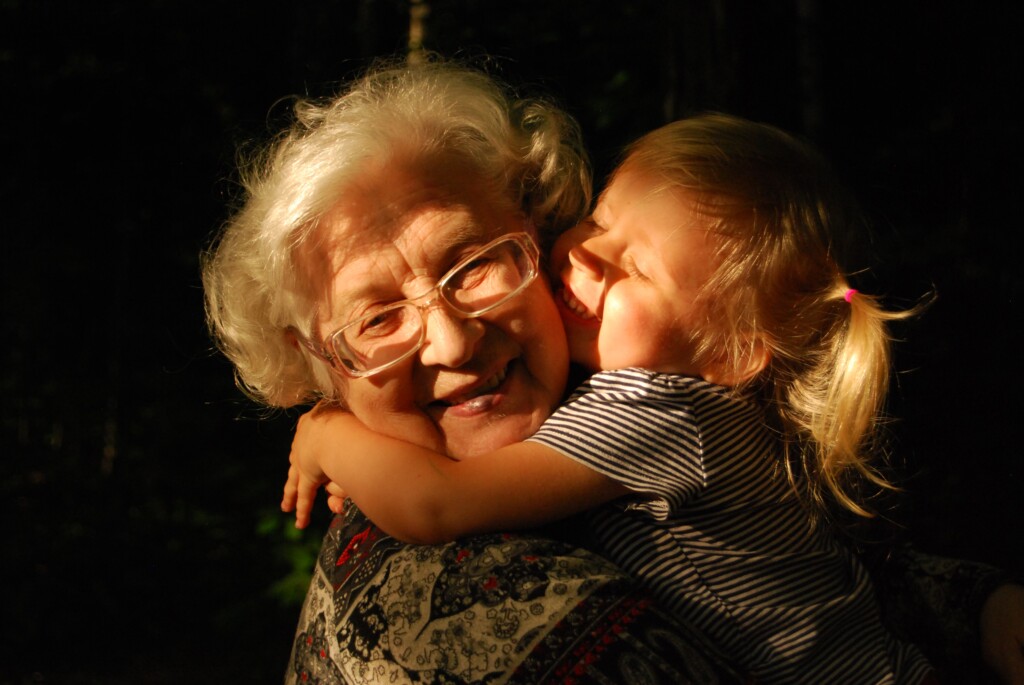
You can choose to love extended family members and even encourage them during difficult times, but you do not have to welcome their troubles into your home and personal life.
There is a fine line between encouraging and supporting family members during difficult times and yet still maintaining enough distance in order to allow for the proper care of yourself, your household, and your empathic child. If you drop everything for Cousin G every time she even squeaks, then you are not modeling how to deal with difficult situations. Plus your own empathy and that of your child’s’ might be being taken advantage of by an “energy vampire” with whom you need to create proper boundaries.
You can choose who and even when you invite extended family members into your home.
Sometimes this means saying no if the timing of a family gathering at your home may not work well for your family.
You can choose to not attend every family gathering as well.
Sometimes my empath kids just need a break and I have said no to some family gatherings.
You can choose to talk openly with your empathic child about how a certain family member makes them feel and then most importantly, listen to them about their concerns.
Do not ever just say, “Oh well you know how Uncle F is….we just have to deal with him.” No, you absolutely do not have to just deal with him. You can choose how and when you deal with him.
You can choose how you deal with toxic family members.
Hurting people hurt other people. It’s a universal truth. You don’t have to perpetuate the hurt or even carry the hurt toxic family members try to dish your way. I don’t ignore it when it comes my way, but I take note and make an intentional choice about how I will deal with that family member in the future and make sure my empathic kids see and understand both my behavior and choice so that they understand they too can make choices.

You can choose to watch how your empathic children respond to certain family members and then talk to your child about it.
For example, I once had a child who would not even go near a certain family member. I asked them why and they said their, “heart hurt” every time they were near them. This family member was in serious trouble and my child could feel it. Remember though that sometimes even if we love someone we can’t “fix them” no matter how much energy and love we throw their way and having this discussion allowed my empathic child to start to understand that truth. Which will help them to understand healthy relationships moving forward.
Finally, please remember as well that you can also choose who and when you talk to others about your children.
It’s not a 24/7 carnival show that needs to be used to entertain or even help others who your child is not emotionally or psychologically ready to help. A 7-year-old really can’t help their 40-year-old Uncle process emotional hurt. Your job as a parent is to protect them. And although you can’t always do that when your child is an empath because they are going to feel and experience things everywhere they go. You can however help them to understand how to set healthy boundaries in the most important of places, within their own family.

If you would like to read some of my other articles on parenting an empath, please visit the posts below:
Thanks for stopping in to read, and please don’t hesitate to reach out if you have questions or need help.
Love,
Jen
Go ahead and share this post, you know you want to!


